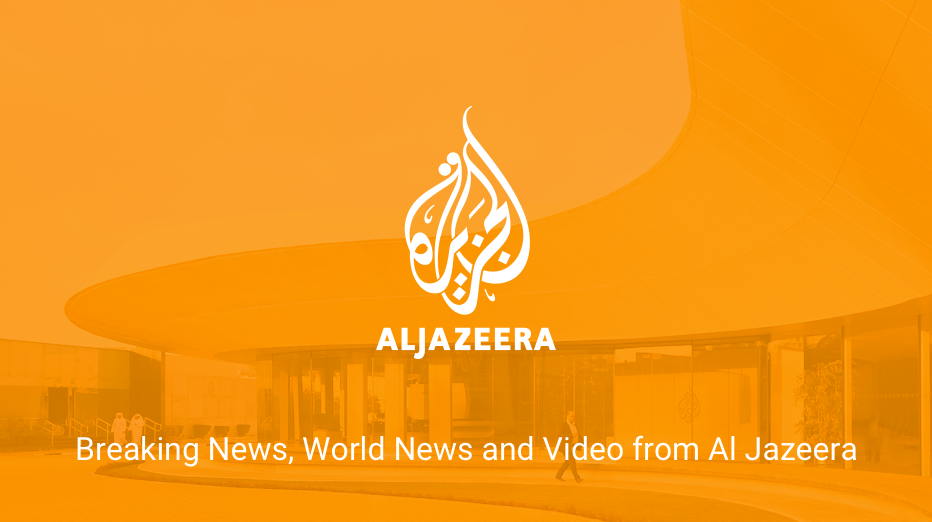Re: Challenges Facing the Armenian Apostolic Church
Catholicos Warned Obama About Georgia’s Abuse of Minorities

His Holiness Karekin II, Catholicos of All Armenians, in December 2009, wrote a letter to President Barack Obama alerting him to the continued abuses of religious and ethnic minorities in Georgia, a cable released Friday by the whistleblower site WikiLeaks revealed.
In his letter, the Catholicos brought the “unacceptable situation” of religious minorities in Georgia to Obama’s attention, noting that the situation has worsened since the collapse of the Soviet Union.
“As head of the Armenian Church, our unfortunate experience over the past two decades leads us to conclude that nothing in the religious sphere within Georgia has changed for the better since the collapse of the Soviet Union. On the contrary, religious life in the Republic of Georgia today “except within the Georgian Orthodox Church” is more restricted, repressed and intolerant for ethnic and religious minorities.
“After numerous years of effort and countless unsuccessful attempts to work with the Georgian government and the Georgian Orthodox Church to regulate the Armenian Church diocese and communities in Georgia, we are forced to formally bring to your attention the unresolved issues regarding:
1. The lack of legal status for religious minorities in Georgia; and
2. The Georgian government’s refusal to return church buildings and church properties. We require your decisive assistance to compel the Georgian authorities to live up to their international obligations, among which are the fostering of an environment where all Christian churches, as well as religious organizations of other faiths, can operate normally and have their human rights respected and protected,” said the Catholicos’ letter.
“The most recent example of the Georgian government’s indifference and wanton neglect resulted in the collapse two weeks ago of the historic St. Gevork of Mughni Armenian Church (built in 1356) in Tbilisi, Georgia; which is the second church we have lost in this manner. This has caused great indignation among our people and Church,” delineated the Catholicos.
The Catholicos concluded the letter by expressing hope that the US government “will implement the necessary steps to positively affect this unacceptable situation.”
Catholicos Warned Obama About Georgia’s Abuse of Minorities

His Holiness Karekin II, Catholicos of All Armenians, in December 2009, wrote a letter to President Barack Obama alerting him to the continued abuses of religious and ethnic minorities in Georgia, a cable released Friday by the whistleblower site WikiLeaks revealed.
In his letter, the Catholicos brought the “unacceptable situation” of religious minorities in Georgia to Obama’s attention, noting that the situation has worsened since the collapse of the Soviet Union.
“As head of the Armenian Church, our unfortunate experience over the past two decades leads us to conclude that nothing in the religious sphere within Georgia has changed for the better since the collapse of the Soviet Union. On the contrary, religious life in the Republic of Georgia today “except within the Georgian Orthodox Church” is more restricted, repressed and intolerant for ethnic and religious minorities.
“After numerous years of effort and countless unsuccessful attempts to work with the Georgian government and the Georgian Orthodox Church to regulate the Armenian Church diocese and communities in Georgia, we are forced to formally bring to your attention the unresolved issues regarding:
1. The lack of legal status for religious minorities in Georgia; and
2. The Georgian government’s refusal to return church buildings and church properties. We require your decisive assistance to compel the Georgian authorities to live up to their international obligations, among which are the fostering of an environment where all Christian churches, as well as religious organizations of other faiths, can operate normally and have their human rights respected and protected,” said the Catholicos’ letter.
“The most recent example of the Georgian government’s indifference and wanton neglect resulted in the collapse two weeks ago of the historic St. Gevork of Mughni Armenian Church (built in 1356) in Tbilisi, Georgia; which is the second church we have lost in this manner. This has caused great indignation among our people and Church,” delineated the Catholicos.
The Catholicos concluded the letter by expressing hope that the US government “will implement the necessary steps to positively affect this unacceptable situation.”











Comment